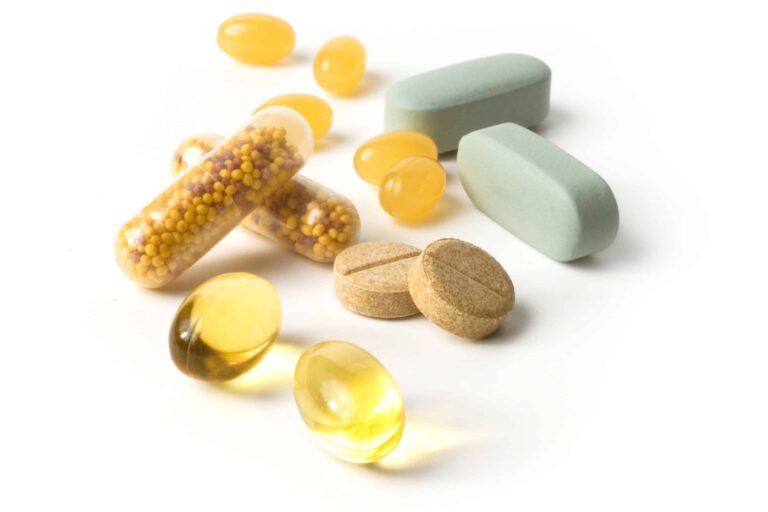Nitric oxide is a crucial signalling molecule involved in processes such as vasodilation (widening of blood vessels), neurotransmission, and immune function. Research shows that consuming nitrate-rich beetroot juice elevates nitrite and nitrate levels in saliva and plasma, indicating enhanced NO bioavailability. This cascade can lead to multiple benefits, especially concerning cardiovascular health and exercise performance.
Menopause, Estrogen and Nitric Oxide
The decline in estrogen levels during menopause can significantly affect a woman’s cardiovascular system. Estrogen is known to support vascular health by stimulating nitric oxide production in the endothelium — the delicate inner lining of blood vessels. As estrogen diminishes, nitric oxide production often decreases as well, which may contribute to higher cardiovascular risk. Interestingly, studies with nitric oxide synthase inhibitors demonstrate that blocking NO pathways reverses estrogen’s positive impact on coronary blood flow, underlining the tight connection between estrogen and nitric oxide.
Because nitric oxide is a key modulator of vascular tone, inflammation, and platelet aggregation, strategies to support its production are of particular interest for menopausal women. Dietary nitrate intake from sources like beetroot juice may help compensate for the reduced NO bioavailability associated with lower estrogen levels.
Potential Benefits for Cardiovascular Health
Menopause is frequently linked to increased blood pressure, endothelial dysfunction, and reduced arterial elasticity — all factors that elevate cardiovascular disease risk. Beetroot juice, by boosting nitric oxide levels, may help counteract these changes. Clinical studies indicate that dietary nitrates can improve endothelial function and lower both systolic and diastolic blood pressure. This makes beetroot juice a promising adjunct for managing cardiovascular health in postmenopausal women.
Cognitive and Mood Considerations
Nitric oxide also plays an important role in regulating cerebral blood flow. As menopause is associated with increased risks of memory decline and cognitive impairment, maintaining optimal brain perfusion is critical. While direct studies on beetroot juice’s cognitive effects in menopausal women are lacking, evidence suggests that improved vascular function can also support brain health.
Additionally, nitric oxide pathways are involved in mood regulation. Menopause often brings mood disturbances, including anxiety and depression, partly due to hormonal shifts and potential changes in neurotransmitters influenced by nitric oxide. Supporting NO levels through diet could indirectly contribute to emotional wellbeing, although more targeted studies are needed.
Conclusion
In summary, nitrate-rich beetroot juice may offer a natural way to support nitric oxide production, providing potential benefits for vascular health, blood pressure management, and possibly cognitive and emotional wellbeing in menopausal women. However, while the early evidence is promising, further research specifically focused on menopausal populations is essential to confirm these effects and refine recommendations.




